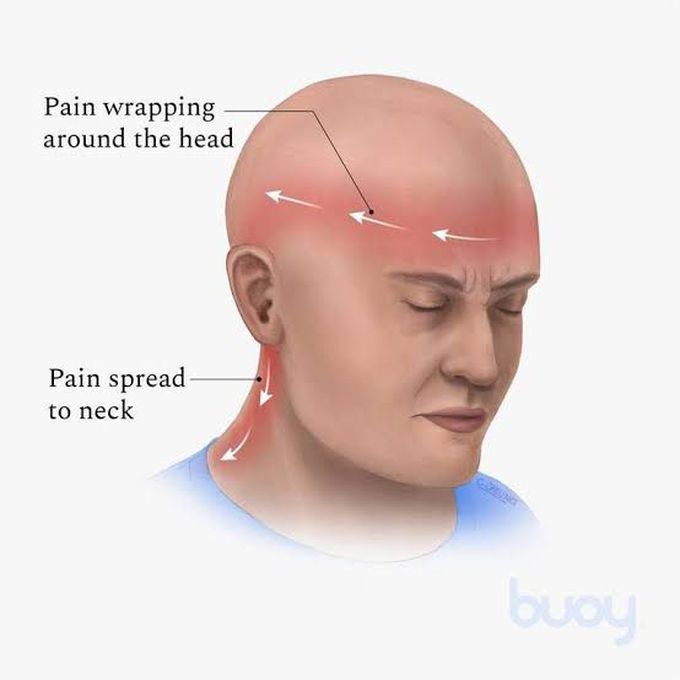

Vijay Kumarover 2 years ago

Tension type Headache
This is the most common type of primary headache disorder. Patients frequently complain of pericarinal tenderness, poor concentration, and other nonspecific symptoms, in addition to constant daily headache that are often vise-like or tight in quality but are not pulsatile. Headache are usually generalized, maybe most intense about the neck or back of the head, and not associated with focal neurologic symptoms. Usually exacerbated by emotional stress, fatigue, noise or glare. Therapeutic approach is similar to that in migraine except that triptan drugs are not associated.
Other commentsSign in to post comments. You don't have an account? Sign up now!
Related posts
HyperekplexiaSymptoms of HyperekplexiaDrug Safety Alerts- CNSDandy Walker Malformation | Diagnosis symptoms and treatment2-Minute Neuroscience: Brain AneurysmsSeizures (Epilepsy) Nursing NCLEX: Tonic-Clonic, Generalized, Focal, SymptomsStroke: Causes, Risk Factors, Treatment, and Prevention | Mass General BrighamNeurofibromatosisAbsence seizuresSymptoms of absence seizures

